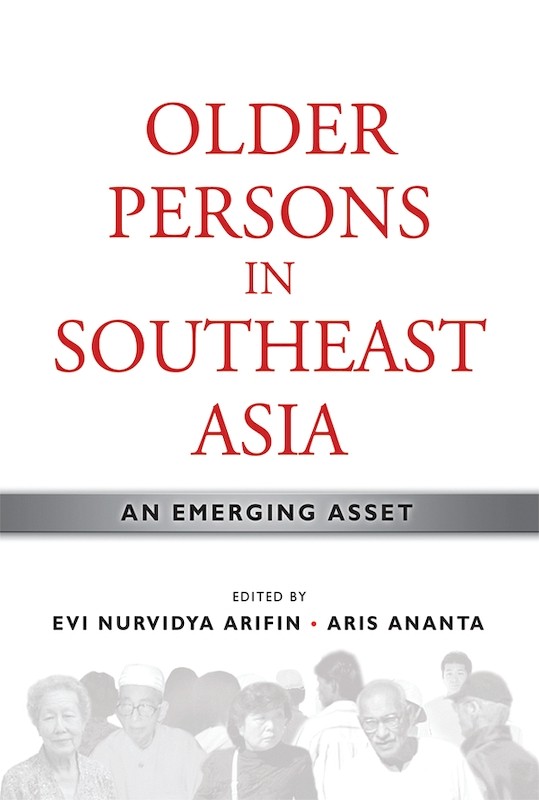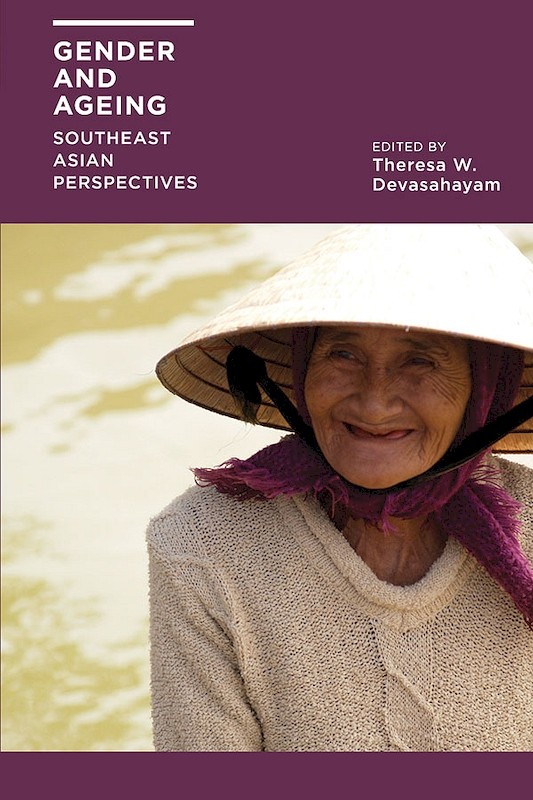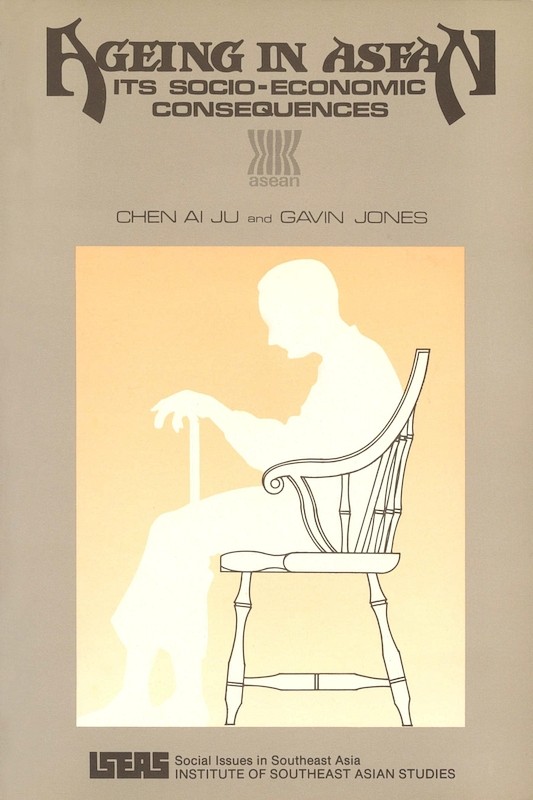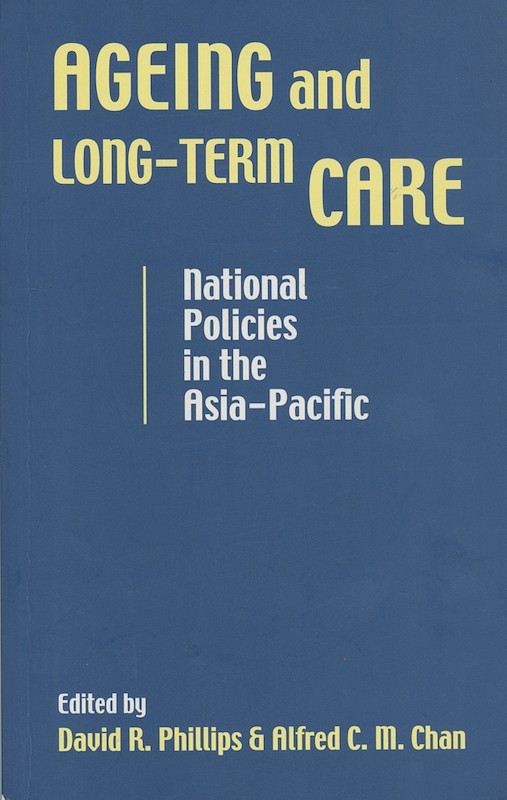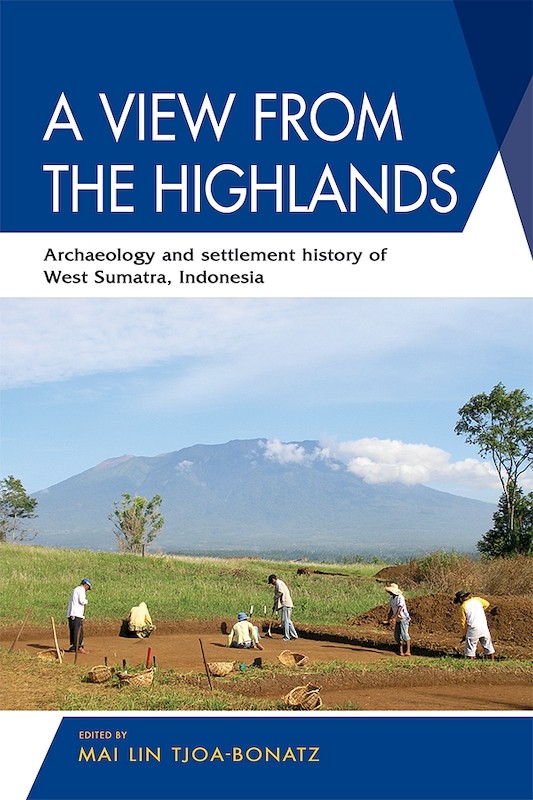The Elderly Must Endure: Ageing in the Minangkabau Community in Modern Indonesia
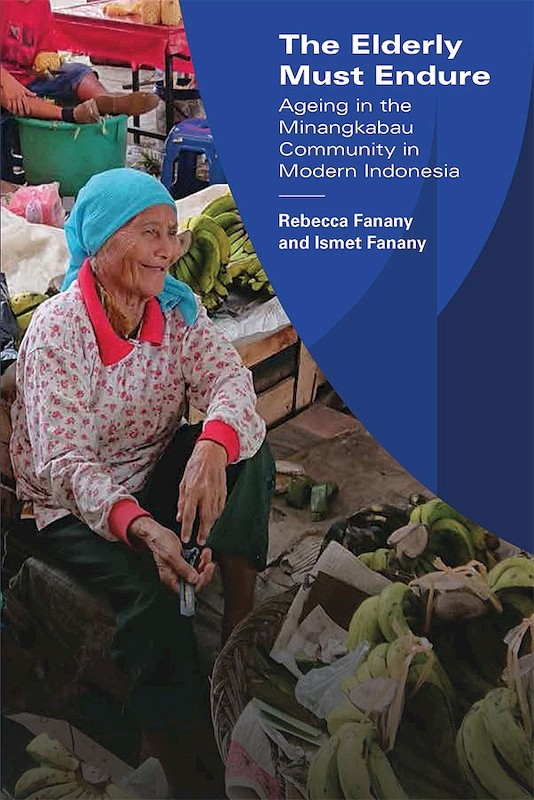
Reviews
Suryadi, Archipel 99. 2020.
"The Elderly Must Endure focuses on the Minangkabau elderly people in the 21st century. The book is the result of a 'long-term study' among the Minangkabau of West Sumatra and presented in a fascinating ethnographic report style. Rebecca Fanany and Ismet Fanany conducted an in-depth interview with several elderly people and numbers of their extended families, both in West Sumatra and overseas (rantau), to describe 'the experience of ageing in modern Minangkabau society' which constitutes the 'forefront of social change with the understanding that this will offer insight into similar forces that are being experienced all around the country by older individuals of all backgrounds and cultural origins.' (p. 18).
This book provides a fruitful cultural landscape of being elderly in the Minangkabau cultural context amidst the rapid social changes of contemporary Indonesian society. In my feeling, it seems to be a self-reflection of one of its authors (Prof Ismet Fanany), a Minangkabau intellectural perantau who has spent most of his life and ageing overseas, which resonates with his 'longing for home.' This ethnographic study has taken into account many aspects of Minangkabau ethnicity, tangible and intangible, to get a clear insight of the experiences of its elderly and the problems they face in modern Indonesia today. Although the authors do not offer a clear solution to overcome these problems, this book is highly beneficial not only to scholars but also for the policy makers in Indonesia."
About the publication
Contents
-
The Elderly Must Endure: Ageing in the Minangkabau Community in Modern Indonesia
[Whole Publication, ISBN: 9789814818476], by Rebecca Fanany, Ismet Fanany, authors -
Preliminary pages
-
1. Introduction
-
2. Ageing in the Past and Present
-
3. Adat Traditions and the Elderly
-
4. Religion and the Elderly
-
5. Language and the Elderly
-
6. Ageing in the Village
-
7. Ageing in Padang
-
8. Ageing in the Rantau
-
9. Ageing in an Institution
-
10. Ageing and Cultural Consonance
-
11. The Elderly Must Endure
-
Afterword
-
References
-
Index
-
About the Authors


